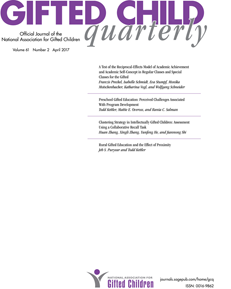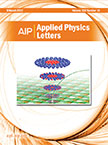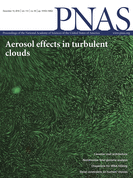
This weekend, Carlo Croce had some reprieve from the misconduct accusations that have followed him for years (recently described in a lengthy article in the New York Times) and that have prompted his university to re-open an investigation. On Sunday, he received a prestigious award from the American Association for Cancer Research, honoring his work.
But the moment may have been short-lived. Today, Croce received two expressions of concern (EOCs) from PNAS for two well-cited papers published over a decade ago, on which Croce — chair of the Department of Cancer Biology and Genetics at The Ohio State University (OSU) — is last author. The two EOCs cite concerns over duplicated bands. What’s more, another journal recently decided to retract one of his papers, citing figures that didn’t represent the results of the experiments.
PNAS chose to issue EOCs, rather than retractions or corrections, because the authors didn’t agree that the bands were duplicated, according to executive editor Diane Sullenberger. She explained how the journal learned of the issues with the two papers: Continue reading Journals retract paper, flag two others by cancer doc under investigation


 In an unusual turn of events, a nutrition paper has come back to life a year after being pulled from its original publication.
In an unusual turn of events, a nutrition paper has come back to life a year after being pulled from its original publication.
 By now, most of our readers are aware that some fields of science have a reproducibility problem. Part of the problem, some argue, is the publishing community’s bias toward dramatic findings — namely, studies that show something has an effect on something else are more likely to be published than studies that don’t.
By now, most of our readers are aware that some fields of science have a reproducibility problem. Part of the problem, some argue, is the publishing community’s bias toward dramatic findings — namely, studies that show something has an effect on something else are more likely to be published than studies that don’t. A scientist who sued his employer for millions of dollars has earned two more retractions, for papers that had already been flagged by the journal.
A scientist who sued his employer for millions of dollars has earned two more retractions, for papers that had already been flagged by the journal.
